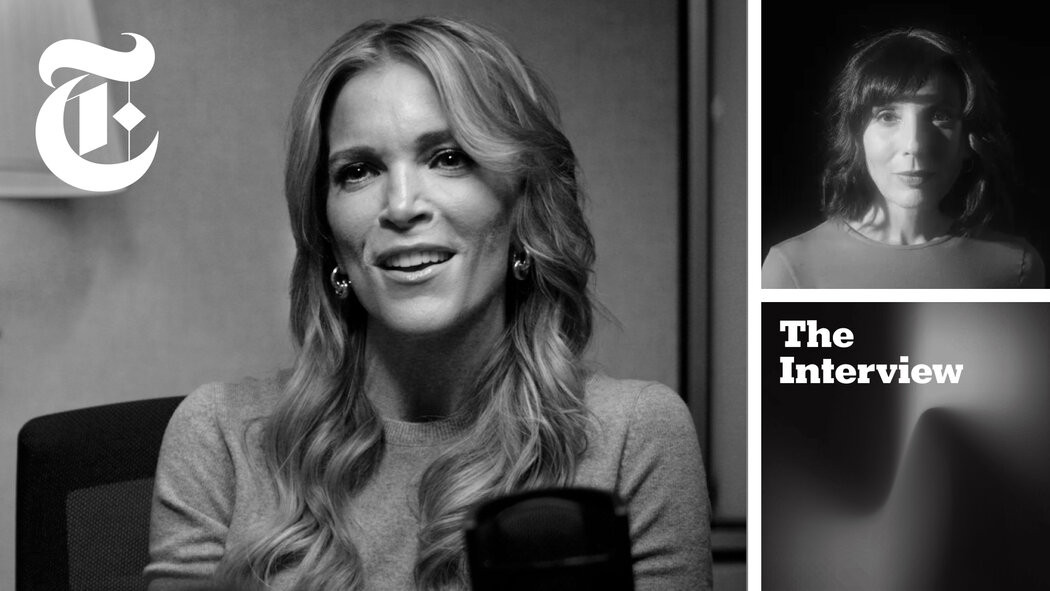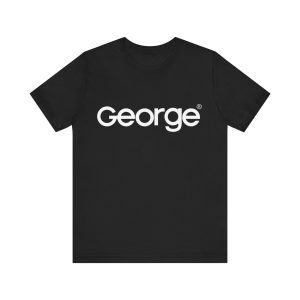
Last year, on the night before the election, the former Fox News host Megyn Kelly did something she had never done before — something that is forbidden for most journalists: She got onstage at Donald Trump’s final campaign rally and endorsed him.
Kelly built her career in the mainstream media. After a stint as a lawyer at Jones Day, she spent nearly 15 years at Fox, where she earned a reputation as one of the channel’s sharpest interviewers, before she moved, briefly, to NBC to try her hand at softer-focus morning TV. (It did not work out.) But that Trump-endorsement speech was the clearest sign yet that Kelly has moved on to her next chapter, and not just because it was an embrace of a man who once relentlessly attacked her: Over the past few years, she has found a new lane for herself in podcasting and on YouTube, where she has nearly 3.5 million subscribers. Her daily talk show, “The Megyn Kelly Show,” fits squarely into the MAGA-loving media universe. (Kelly also recently announced an expansion: She’s starting her own podcast network.)
As that universe’s influence continues to grow, and as the left continues to fret over its lack of a similar sphere, I was interested to talk to Kelly about her professional evolution (including some very high-profile incidents during her Fox and NBC years), whether she still considers herself a journalist, her volatile relationship with President Trump and what she thinks some people, myself included, don’t understand about how the media has changed.

Subscribe: Apple Podcasts | Spotify | YouTube | Amazon | iHeart | NYT Audio App
In 2015, when you were a host at Fox News, there was the very famous Republican primary debate. You had a question for Donald Trump in which you asked him to explain why he had called women fat pigs, dogs, slobs and disgusting animals, and then he retaliated against you. His attacks were relentless that year. In hindsight, why do you think he came after you? Initially he was annoyed. I think it was sincere anger that night. He did not appreciate that question. And I think he thought we were friends, so he was even more annoyed by it. He felt betrayed.
Why did he think you were friends? We’d been friendly, just through Fox. He had invited me to a couple of the “Apprentice” extravaganzas. I’d interviewed him quite a few times on Fox, in my younger years. There was a very funny exchange, I think in 2010, where he let me feel his hair to see whether it was real. I think he thought I was a fan, and I think he thought I should be a fan — that I was at Fox and I looked like somebody who he would typically do well with, and he put me in this category of “She’s on my team.”
![Enjoy the [Road] Show Travel Mug with Handle, 14oz](https://georgemagazine.com/wp-content/uploads/2024/08/479070202831754764_2048-300x300.jpeg)


